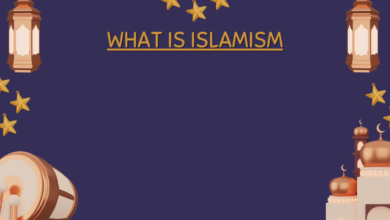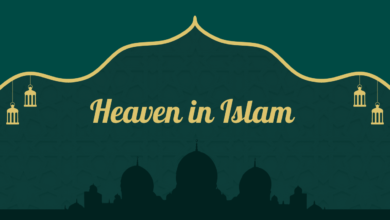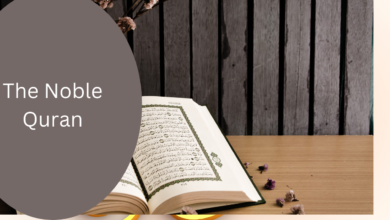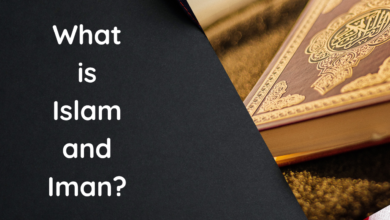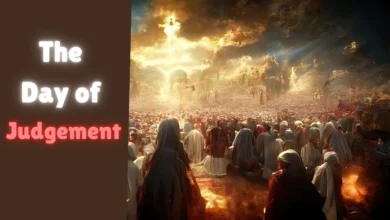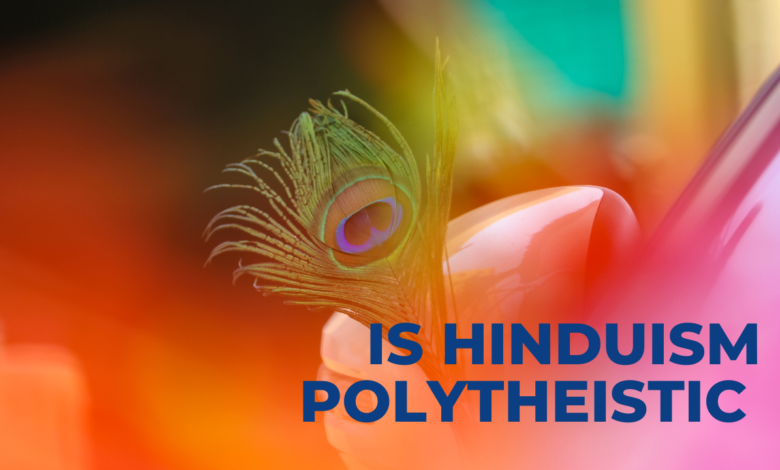
Is Hinduism Polytheistic
While Hinduism is often described as polytheistic due to its multitude of deities, it’s a more complex belief system. It incorporates monotheistic currents and philosophical perspectives that challenge the label.
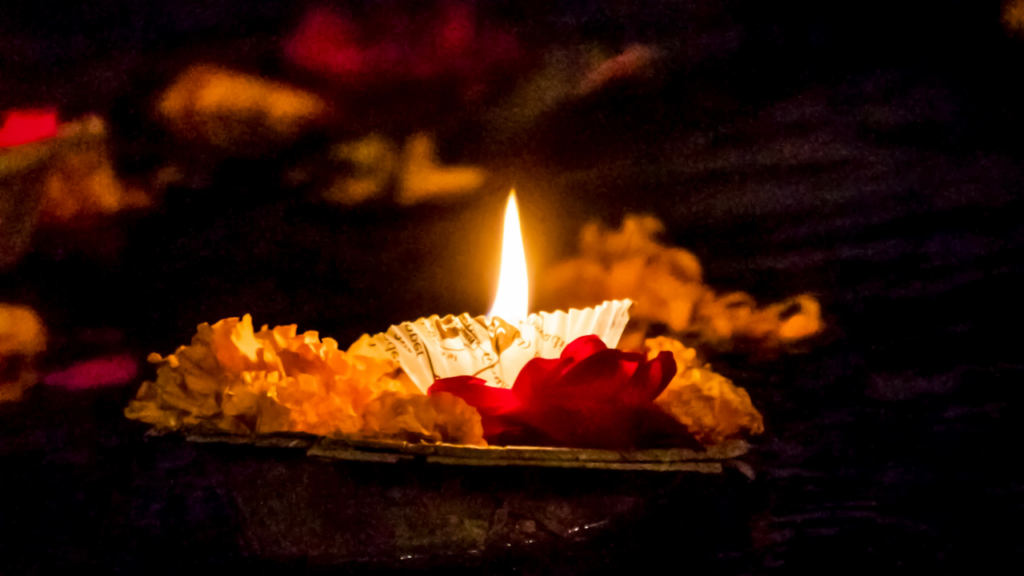
Introduction
Hinduism, one of the world’s oldest and most diverse religions, is often described as polytheistic due to its multitude of deities and rich pantheon of gods and goddesses. While the term “polytheism” is generally used to describe a belief system in which multiple deities are worshiped, Hinduism’s theological landscape is far more complex than this simple label suggests. To understand the nature of Hinduism’s spirituality, it is essential to delve deeper into the religion’s intricate philosophical and theological frameworks.
The Pantheon of Deities
Hinduism is often associated with a vast array of deities, with some estimates claiming that there are over 330 million gods and goddesses in the Hindu pantheon. These deities range from well-known figures like Brahma, Vishnu, Shiva, and Durga to lesser-known regional deities, each with their unique attributes and significance. It’s this diversity of divine figures that has led to the perception of Hinduism as polytheistic.
Also check.
- What is Quran?
- What is Haram?
- Who is the Current Caliph of Islam?
- What does the Word Muslim Mean?
- What is Hinduism Religion?
The Many Paths to the Divine
One of the central tenets of Hinduism is the belief in the ultimate reality, referred to as “Brahman.” Brahman is often described as formless, infinite, and beyond human comprehension. Within this overarching concept, Hinduism recognizes various manifestations of the divine, which are often represented as deities. These deities serve as a means for individuals to connect with the divine and are seen as facets or manifestations of the ultimate reality, Brahman.
In this sense, Hinduism’s pantheon of deities can be viewed as symbolic representations or archetypes of different aspects of the one divine reality. Worshiping different deities allows Hindus to approach the divine in various ways, based on their individual preferences, needs, and spiritual journeys.
Monotheism Within Polytheism
Another critical aspect to consider is that, within the broad spectrum of Hindu religious thought, there are monotheistic currents. While many gods and goddesses are worshiped, some Hindus primarily focus on one deity as the ultimate representation of the divine. For example, Vaishnavism, a prominent Hindu tradition, centers around the worship of Lord Vishnu as the supreme deity. Similarly, Shaivism centers on Lord Shiva, and Shaktism focuses on the divine feminine aspect, particularly the goddess Durga.
These monotheistic currents within Hinduism emphasize devotion to a single deity while acknowledging the existence of others. This suggests that the polytheistic label oversimplifies the complexity of Hindu beliefs and practices.
Philosophical Perspectives
To further complicate the classification of Hinduism as purely polytheistic, several philosophical schools within Hinduism delve into abstract, monistic concepts. For instance, Advaita Vedanta, founded by Adi Shankaracharya, asserts that all the diverse gods and goddesses are merely different manifestations of the one true reality, Brahman. From this perspective, the multitude of deities are ultimately expressions of a single divine source, further challenging the polytheistic label.
Conclusion
Hinduism’s classification as polytheistic oversimplifies the intricate nature of the religion. While it is true that Hinduism boasts a vast pantheon of gods and goddesses, it also encompasses monotheistic traditions and philosophical perspectives that emphasize the unity of the divine. The apparent polytheism of Hinduism can be seen as a reflection of the religion’s inclusivity and ability to cater to diverse spiritual needs. In essence, Hinduism is a complex and multifaceted belief system that defies easy categorization, and its understanding requires a nuanced appreciation of its diverse traditions and philosophical viewpoints.
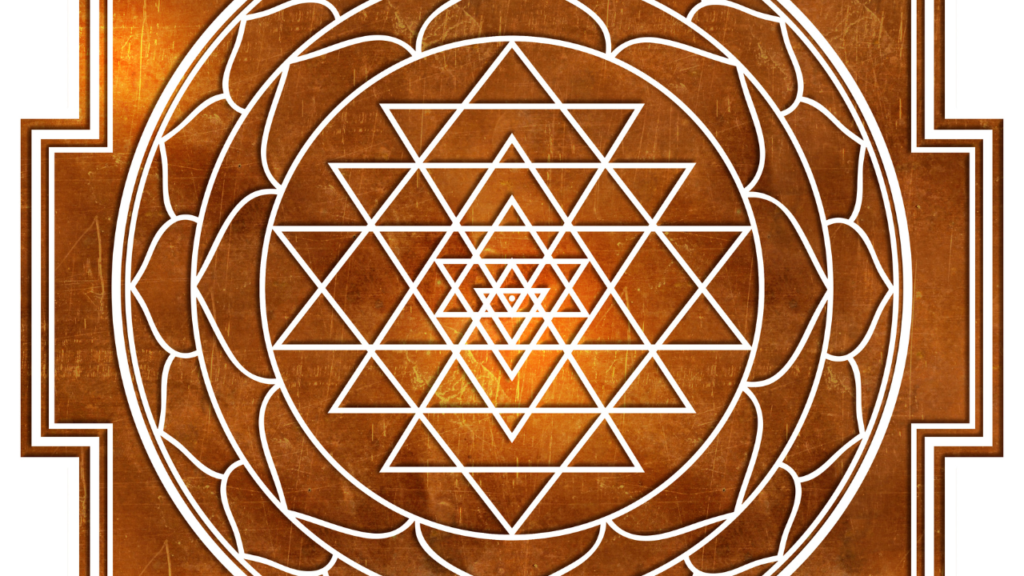
FAQs
Is Hinduism a polytheistic religion?
While Hinduism is often described as polytheistic due to its multitude of deities, it’s a more complex belief system. It incorporates monotheistic currents and philosophical perspectives that challenge the label.
How many gods and goddesses are there in Hinduism?
Hinduism is associated with a vast pantheon, with some estimates suggesting over 330 million deities. However, the number varies based on different interpretations and regional traditions.
Are all these deities equal in Hinduism?
No, the deities in Hinduism vary in importance and significance. Some, like Brahma, Vishnu, and Shiva, are considered major deities, while others hold regional or specialized roles.
Do Hindus worship all the deities?
Hindus may choose to worship one or more deities based on personal preference, regional traditions, or specific spiritual needs. Some focus primarily on one deity as their primary object of worship.
What is the significance of monotheistic currents in Hinduism?
Monotheistic currents, like the worship of a single deity such as Vishnu or Shiva, emphasize devotion to a particular aspect of the divine while acknowledging the existence of other deities.
How does Advaita Vedanta impact the perception of polytheism in Hinduism?
Advaita Vedanta, a prominent philosophical school in Hinduism, asserts that all deities are different manifestations of the one ultimate reality, Brahman. This philosophy emphasizes the unity of the divine.
Is it possible to be both monotheistic and polytheistic in Hinduism?
Yes, within Hinduism, individuals and traditions can simultaneously focus on one primary deity while respecting and recognizing the presence of other gods and goddesses.
What is the primary message of Hinduism with regard to divinity?
Hinduism encourages individuals to explore diverse paths and understand the divine in their unique way, accommodating a wide range of beliefs and practices.
Is Hinduism an inclusive religion despite its diversity of deities?
Yes, Hinduism is known for its inclusivity, allowing followers to choose their preferred deities and spiritual approaches while fostering respect for various traditions.
How does the perception of polytheism in Hinduism impact its practice and religious rituals?
The perception of polytheism provides flexibility and a rich tapestry of rituals and practices to cater to different spiritual needs, making it a highly adaptive and inclusive religion.
